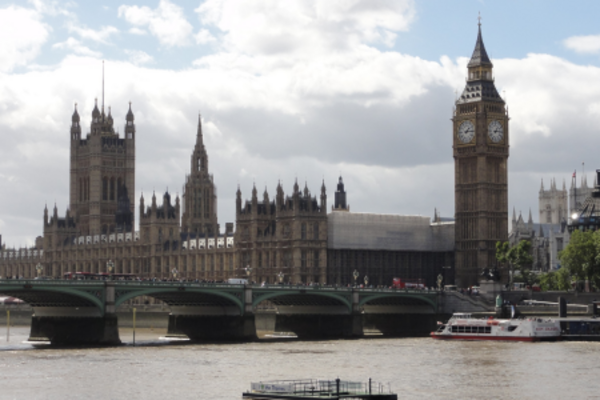On 11 March 2020, the World Health Organisation declared that there was a COVID-19 outbreak in the world.
Following this declaration, the United Kingdom implemented its first national lockdown on 23 March 2020. Soon after, it was reported that a person had contracted COVID-19 in immigration detention.
The Home Office was disinclined to release a mass number of detainees at the initial stages of the pandemic. However, following a number of legal challenges to the legality of immigration detention, the Home Office did go on to release a substantial number of detainees.
According to some estimates, 70 per cent of the immigration detention estate remained vacant during the height of the pandemic. Despite this, the rate of absconding was lower in 2020 than in 2019, 2021 and 2022.
Academic Ayesha Riaz argues against the use of immigration detention on the basis that large-scale release of detainees does not carry negative consequences for immigration control or the wider community.









